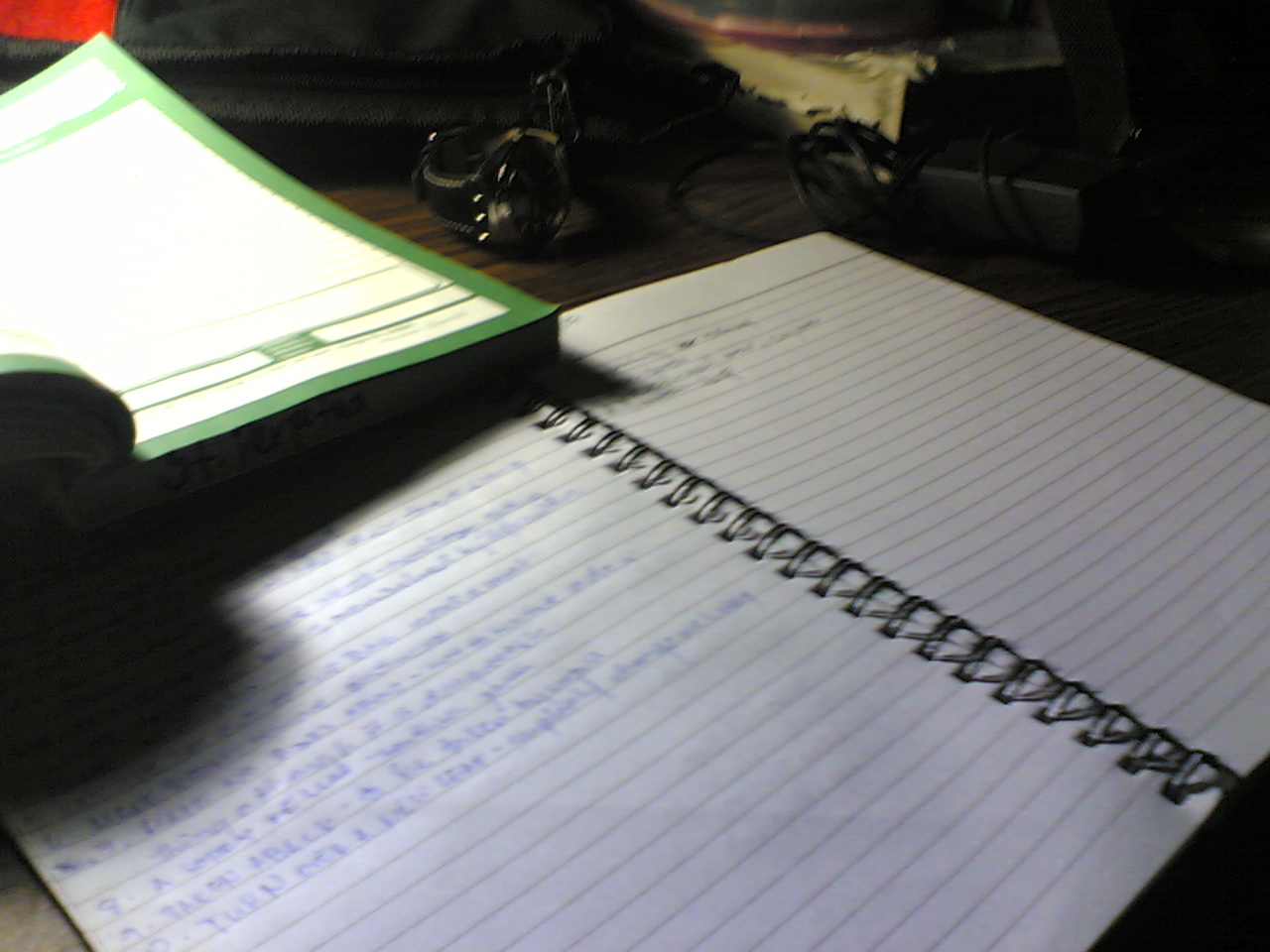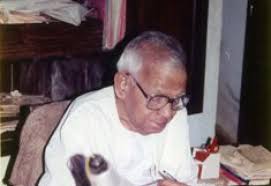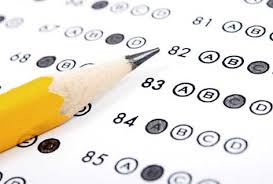How to study for exams

Many students consider exams as the end of the world and thus create unnecessary fear and anxiety. This could adversely affect the study. Overcoming this could solve half of your exam problems.
There are certain steps that could be followed and will be helpful.
1. BE CALM
Panic will reduce your focus on your exams and it will only increase your fear, rather than your confidence. This could worsen the situation and hinder the chances of doing the exam well. If you panic, take deep breaths this will help you.
To reduce the unnecessary tension, plan the studies in advance. The last minute cramming is not the idle way of learning, for the sake of long term retention of the subject.
2. DECIDE THE WHAT ALL TO BE COVERED.
Before studying divide the materials according to priority. By prioritizing you could save more time on the important notes. This could be done with the help of your teachers. Study the most important topic first. Try to understand the core ideas and concepts.
Understanding the pattern of examination could also help you in spending time wisely. This will help you in the presentation of the exam and time management.
3. PLAN YOUR STUDY
Making a study plan is the basic rule of education. The students who had planned their studies earlier, will always have time to relax and also make a revision if it is necessary. Plan should be made according to time left and the portions to be covered. The more time you revise, the more you will be able memories and reproduce it. The more exercise you do like this can also increase your confidence in your subject.
When you plan the schedule, have regular breaks between sessions. The will help to refresh your memory. Short, repeated periods of study are often more effective than long hours of study.
4. STUDY METHOD
Figure out your way of study. Some use flash cards, others you tape flash cards, some use short notes while studying; these all methods that work for different people. Try to find out a way of learn and stick to it. Even if you find it difficult at first, using it repeatedly makes things little more easy and simple.
5. NOTE
Making notes while studying is helpful in quick revision. Making notes doesn’t mean rewriting the notes. The notes made should be the clues or the key point of content. It should be short and understandable.
6. FOOD
Some people skip food when exams are near, they think it’s unnecessary to waste time on food. This perception is wrong, for proper working of mind and body adequate food is necessary, but there are foods that can be avoided.
It’s better to avoid high sugar and fatty food. Avoid caffeine can make reduces your sleep but it will surely make you tired.
Have fruit juices rather than sugary drinks and use fish with meal, it’s helpful for your brain.
7. SLEEP
Have adequate sleep and don’t change your sleeping pattern. Avoiding sleep could reduce your focus. Sticking to the regular sleeping pattern is always advisable.
8. BUILDING UP YOUR CONFIDENCE
Always trust yourself and aim for the best. Confidence is the key to success.






